“Dear Sherri,
'Rash decisions' are effectively either choices made without considering other available alternatives or judgments made too quickly to consider the credibility of evidence offered to support factual claims or made too quickly to demonstrate sufficient examination of reasoning.
What this means usually is that the person has not indeed made a decision at all by any recognizable process since most people are not educated directly about what the process of decision-making really looks and feels like.
Rash decisions are thus actions that are usually arbitrary, capricious, and the result of one or more oversights.
Still some will insist that choices, judgments, and decisions being made via the same processes, so I offer some helpful distinctions to clarify my response.
'Choices' deal with present available alternatives. A rash choice is made with an incomplete analysis of available current alternatives.
'Judgments' deal with the application of criteria to evidence of facts that allow a comparison to be made of past actions and established criteria.
'Decisions' deal with insights and oversights discovered through a repeatable, accumulating process concerning the taking of future courses of action. So-called 'rash decisions' are more often like rash choices or rash judgments masquerading as decisions.
How do you justify or what methodology do you use to compare a rash decision to over-analyzing?
Justification and over-analyzing signal forms of choice making or judgment making, not decision-making. Neither look for the tell-tale signs of insight and oversight that sparks a true decision. Justification amounts to arguments from the conclusion back through the premises. It is a form of persuasion that often gets hung up on an examination of assumptions.
Over-analyzing amounts to arguments based on over-reliance on evidence of fact, as if evidence can compell an answer. Evidence of facts never can dictate the answer.
Do you have any rules such as don't make major decisions when you are X,Y,orZ?
Yes. What would those conditions be? For some time now, I have encouraged LinkedIn Q/A participants to focus on the process of their making decisions.
While conditions usually suggest a rational process, I have found such hypothetical reasoning not to result in sufficient answers to constitute true decisions.We have been exchanging thoughts for some time now.
What do you consider to be a major decision? My answer here is perhaps rash and clearly without over-analyzing.
My list of "major decisions" include:
- discerning what is most valuable in the world;
- what is my mission in my life and work;
- what is my purpose in interacting with others;
- what is my vision of my life going forward, even to life after this life;
- whom to share affection with;
- whom to befriend;
- whom to marry;
- how best to raise children;
- whom to worship God with; and
- how following my decision-making process assures me of happiness, if not now, at least in the forseeable future."
Thanks for the question.
What do you think?
Please include your comment here or contact me to discuss.
Thanks.
John Darrouzet
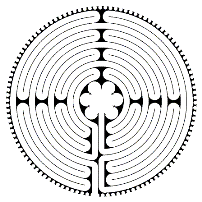







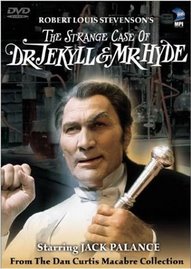



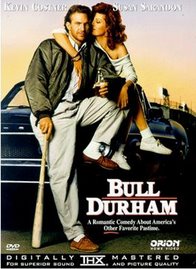

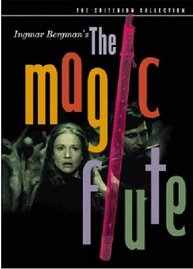
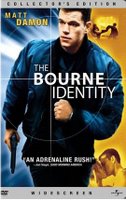




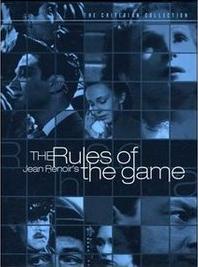

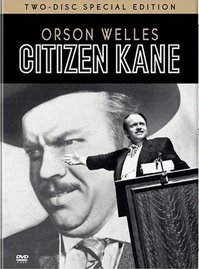


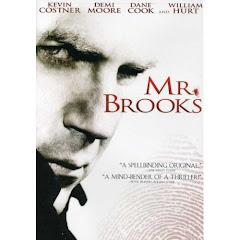
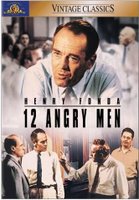





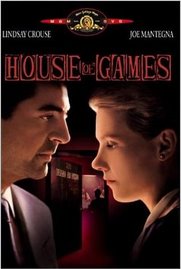









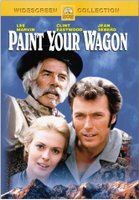
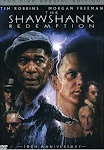





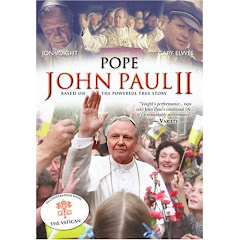

No comments:
Post a Comment